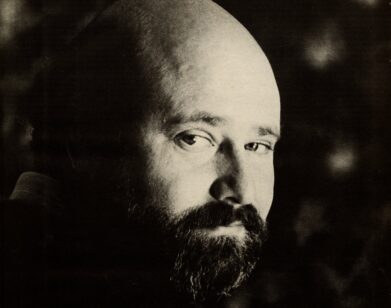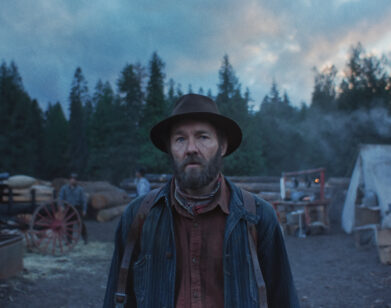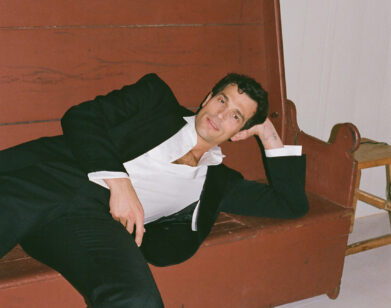Louise Grinberg
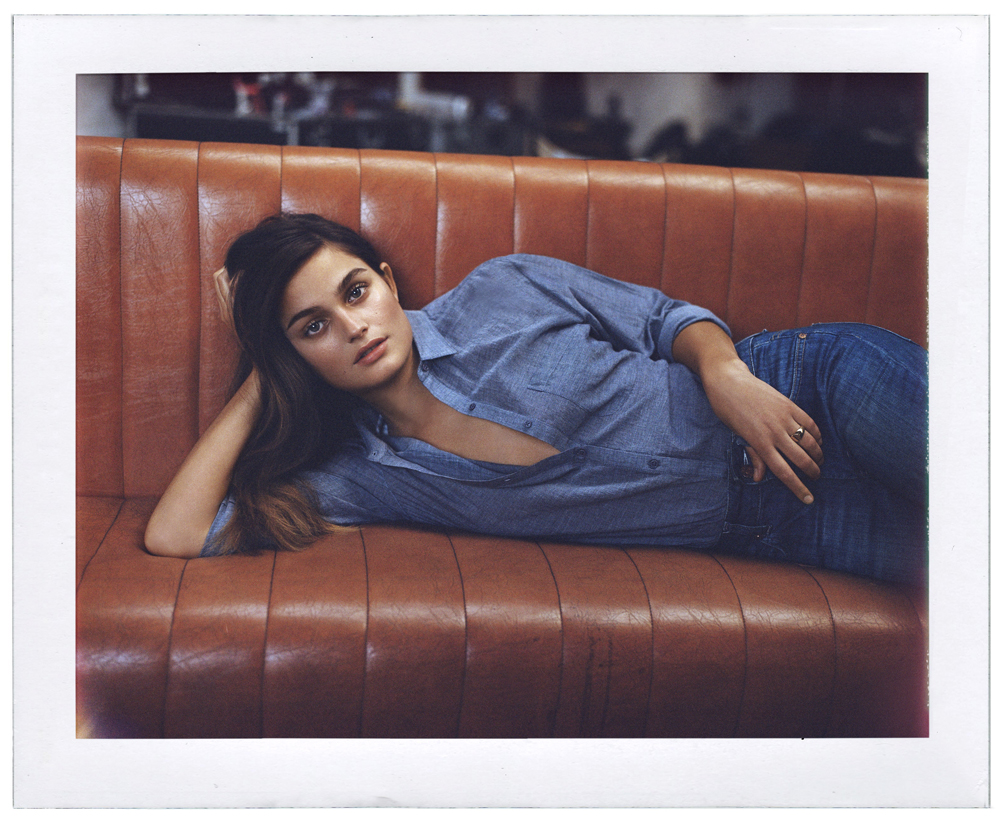
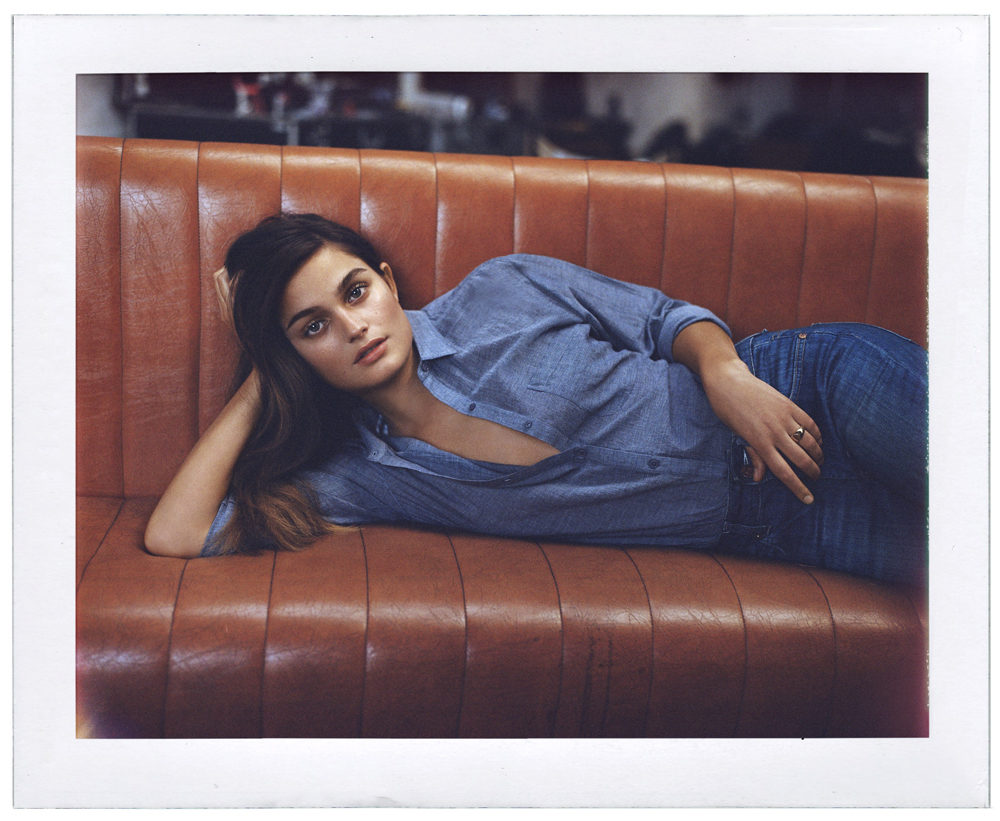
LOUISE GRINBERG IN PARIS, JANUARY 2015. STYLING: MARINE BRAUNSCHVIG. SHIRT: SWILDENS. JEANS: 7 FOR ALL MANKIND. RING (COURTESY OF YLANG23): MAISON MARGIELA. HAIR: KARIN BIGLER FOR SEBASTIAN PROFESSIONAL/JED ROOT. MAKEUP: HELENE VASNIER/ARTLIST PARIS.
The first thing you notice about Louise Grinberg is that she’s extremely beautiful, with wide green eyes and long brown hair. But the 21-year-old actress realizes the trouble in first appearances. She’s quick to insist that she’s not interested in playing, in her own words, “the pretty girl who has nothing in her head.” Earlier this year, the lifelong Parisian was instead working on a children’s theater piece based on the writing of the Comtesse de Ségur at the Théâtre Montansier. In March, she continued on stage in Molière’s Le Mariage forcé, playing the ingénue fiancée Dorimène.
Grinberg enjoys the intimate contact with the audience, which is not as possible in cinema, where she’s been working steadily since she was 13. She might be best known in her home country for her debut as a smart but reticent student in Laurent Cantet’s French school drama Entre les murs, which won the Palme d’Or at Cannes in 2008. She followed that breakthrough with a lead role as teenage Camille, the pregnancy-pact ringleader, in the 2011 Delphine- and Muriel Coulin-directed drama 17 filles. On set, Grinberg remembers working with the talented Coulin sisters to better capture her character’s bittersweet story; Camille ends up losing her baby in what Grinberg regards as a nuanced ending, both tragic and freeing in terms of moving forward. Last year, Grinberg was directed by French actress and director Mélanie Laurent in another drama about teenage friendship, Respire, and in 2013, by Antoine Blossier in the comedy À toute épreuve.
Working in French cinema is not an opportunity that Grinberg takes lightly. What is perhaps most striking about her is her professionalism and maturity, an uncommon quality for such a young star on the rise. When asked about her dream future project, she answers, “To have a beautiful, original role. But to work with someone in particular? I think that’s a little pretentious.” She laughs, then pauses. “Maybe Jacques Demy,” the late New Wave filmmaker, she offers, knowing it is a safe answer. The rest is up to her.

